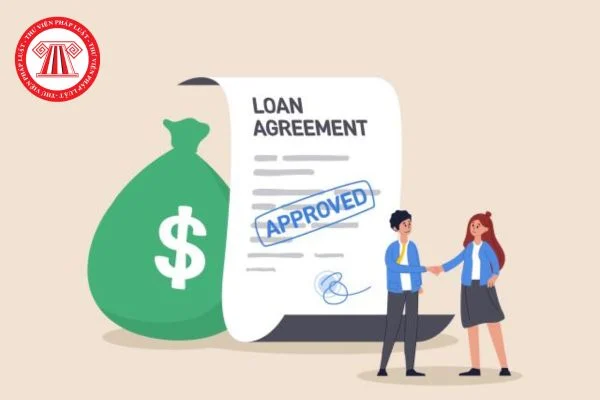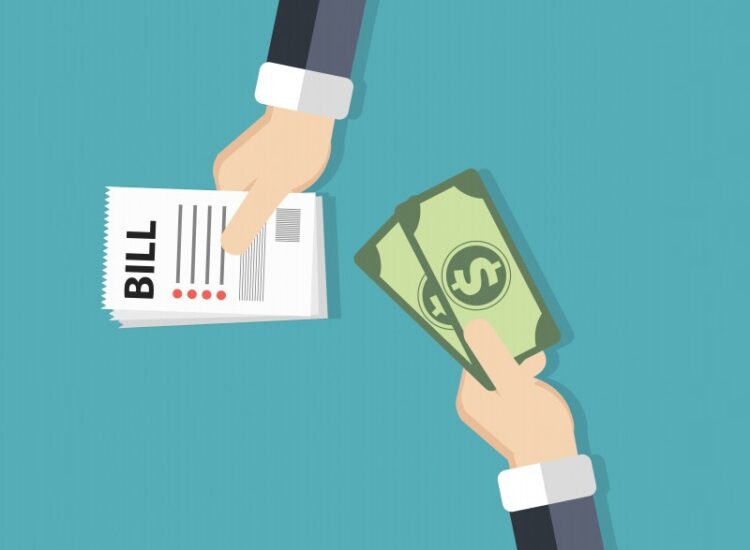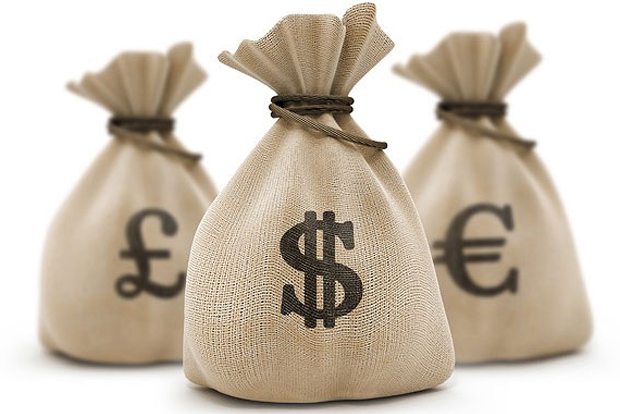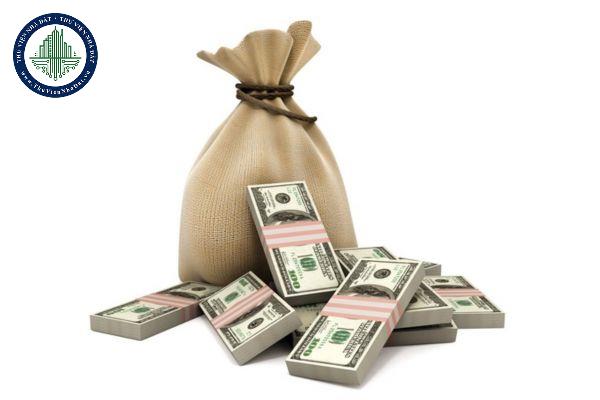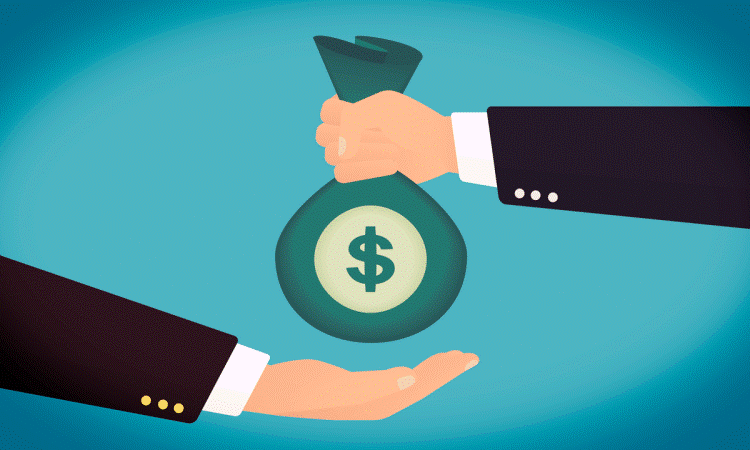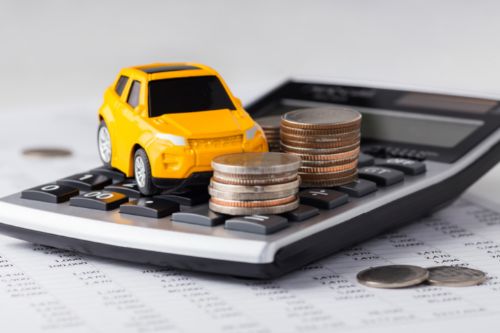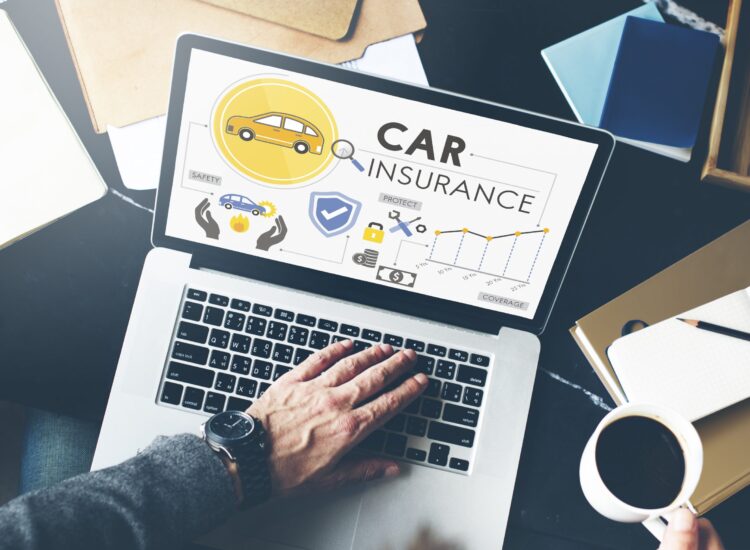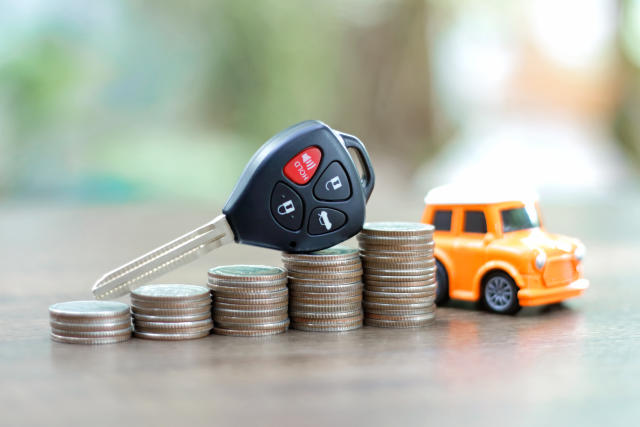When you receive an unexpected windfall—be it from a bonus at work, an inheritance, or a successful side project—the question often arises: can you pay off a personal loan early? While the idea of settling your debts ahead of schedule is enticing, it’s essential to grasp the ramifications, including possible penalties and the effect on your credit score. This article explores the intricacies of early loan repayment, equipping you with strategies, benefits, and pitfalls to consider in making an informed decision.
Toc
- 1. Understanding Your Personal Loan Agreement
- 2. The Advantages and Disadvantages of Early Loan Payoff
- 3. Related articles 01:
- 4. Strategies for Paying Off Your Personal Loan Early
- 5. The Rise of Fintech and Personal Loan Refinancing
- 6. Does Paying Off a Loan Early Hurt Your Credit? The Truth Unveiled
- 7. Related articles 02:
- 8. Utilizing Tools and Resources for Early Payoff
- 9. Counterarguments to Financial Benefits of Early Payoff
- 10. Real-Life Scenarios: Understanding the Implications of Early Payoff
- 11. Conclusion
Understanding Your Personal Loan Agreement
Before diving into the specifics of early repayment, you must first familiarize yourself with your loan agreement. This crucial document details your repayment terms, including interest rates, payment schedules, and specific clauses that could impact your ability to pay off the loan early.
Key Clauses to Look For
When reviewing your loan agreement, special attention should be given to clauses concerning prepayment penalties. These penalties are fees that some lenders impose if you choose to pay off your loan before the end of the term. For instance, if your loan includes a prepayment penalty clause stating that you must pay 2% of the remaining balance, this could significantly affect your overall savings if you decide to pay off your loan early.
Prepayment penalties vary widely. Some lenders, particularly those offering loans with lower interest rates, might not charge any penalty for early repayment. Others may impose a fee ranging from 1% to 5% of the outstanding loan balance or a flat fee of a few hundred dollars. The specific terms are always outlined in the loan agreement. Understanding these terms can help you avoid unexpected costs.
Contacting Your Lender: Your First Step
Your lender serves as your primary resource when contemplating early repayment. It’s advisable to reach out and inquire about the specific terms related to early payoff. Some lenders may offer flexibility in their policies, allowing you to pay off the loan without penalty or with a reduced fee. Engaging in a conversation with your lender can provide clarity and potentially open the door to negotiation.
Avoiding Unexpected Fees
Before deciding to make any extra payments, create a checklist to confirm essential details with your lender. Ensure you know:
- The total remaining balance on your loan.
- Any prepayment penalties and how they are calculated.
- Whether additional payments will be applied directly to the principal or treated as future payments.
- The process for making a lump-sum payment if you decide to go that route.
The Advantages and Disadvantages of Early Loan Payoff
Paying off your personal loan early presents both financial and emotional benefits, but it also carries potential drawbacks that deserve consideration.
Financial Benefits of Early Payoff
One of the most significant advantages of paying off a personal loan early is the potential to save on interest payments. The sooner you pay off the loan, the less interest you will owe over time. For example, if you have a $10,000 personal loan with a 10% interest rate and three years remaining, paying it off early can save you a substantial amount of money.
Additionally, eliminating a monthly loan payment can free up funds in your budget for other essential expenses or savings goals, such as building an emergency fund or contributing to retirement. Moreover, paying off your loan can improve your debt-to-income ratio, positively impacting your credit score.
Psychological Benefits
The peace of mind that comes from being debt-free can be incredibly rewarding. The emotional relief of no longer having a loan obligation can alleviate financial stress and provide a profound sense of accomplishment. Many borrowers feel a renewed sense of freedom when they can redirect their financial resources toward other priorities.
Potential Drawbacks: Penalties and Credit Score Impact
While there are many positives to consider, there are also significant drawbacks to paying off your personal loan early. One major concern is the possibility of incurring a prepayment penalty. If your lender charges a penalty, the savings from paying off the loan early may be negated by this fee.
2. https://nhagobinhthuoc.com/mmoga-secure-your-future-a-guide-to-fixed-rate-student-loans/
3. https://nhagobinhthuoc.com/mmoga-secure-your-financial-future-a-guide-to-mobile-home-equity-loans/
4. https://nhagobinhthuoc.com/mmoga-rocket-loans-personal-loan-a-borrowers-guide/
5. https://nhagobinhthuoc.com/mmoga-mortgage-consolidation-loan-simplify-your-debt/
Additionally, there’s a common misconception that paying off a loan early will always improve your credit score. In reality, paying off a personal loan can temporarily hurt your credit score. This occurs because your credit mix may be affected, and the closure of an installment account can shorten your credit history.
While closing a loan account can slightly reduce your credit score temporarily due to the shortening of your credit history and a change in your credit mix, the impact is often minimal and short-lived. A strong payment history on other accounts usually outweighs this minor effect. The magnitude of the impact also depends on the length of your credit history and the number of other active accounts. Therefore, consider the timing of your payoff carefully.
Strategies for Paying Off Your Personal Loan Early
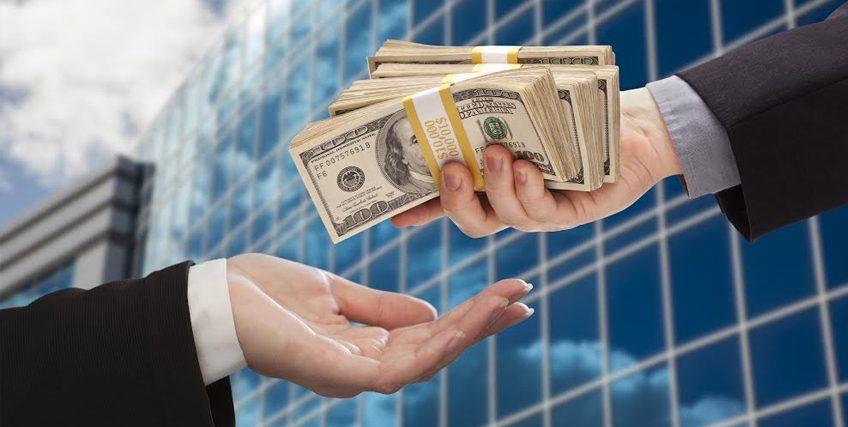
If you’ve determined that paying off your personal loan early is the right choice for you, consider employing specific strategies to make the process more effective.
The Snowball Method: A Motivational Approach
The snowball method focuses on paying off your smallest debts first while making minimum payments on larger debts. This strategy provides quick wins, boosting your motivation as you eliminate smaller balances. For instance, if you have multiple loans, start with the one that has the lowest balance. Once that’s paid off, redirect the funds you were using for that payment to the next smallest loan. This creates a positive feedback loop, motivating you to continue.
The Avalanche Method: A Financially Savvy Approach
In contrast to the snowball method, the avalanche method prioritizes paying off debts with the highest interest rates first. This approach saves you the most money over time, as it reduces the total interest you pay. For example, if you have a high-interest personal loan and a lower-interest credit card, focus on paying off the personal loan first to minimize your overall costs.
Making Extra Payments: The Impact of Consistent Effort
One of the simplest strategies for paying off your personal loan early is to make extra payments whenever possible. This could be in the form of additional monthly payments or one-time lump-sum contributions when you have extra cash. For instance, if your monthly payment is $300, consider paying $400 instead. Over time, these extra payments can significantly reduce the principal balance, resulting in lower interest costs.
One-Time Lump Sum Payment: Seizing Opportunities
If you receive a bonus or tax refund, consider using those funds for a one-time lump sum payment toward your loan. This strategy can drastically reduce your balance and the total interest you will pay. Just ensure that the benefits outweigh any potential penalties for early payoff.
The Rise of Fintech and Personal Loan Refinancing
The rise of fintech lenders has significantly impacted the personal loan landscape. Online platforms offer streamlined application processes, often with more competitive interest rates than traditional banks. This increased competition allows borrowers to refinance their existing loans to secure lower interest rates, making early repayment more attractive and financially advantageous. Many platforms even provide tools to simulate the effects of various repayment strategies, including early payoff scenarios.
Does Paying Off a Loan Early Hurt Your Credit? The Truth Unveiled
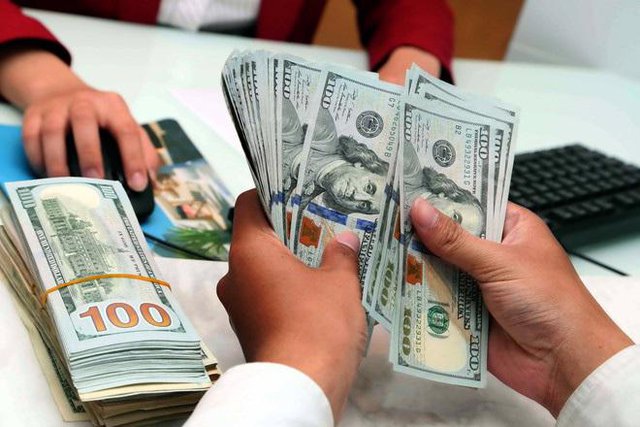
There’s a prevalent belief that paying off a loan early always leads to a higher credit score, but this is not necessarily true. Understanding how your credit score is calculated can help clarify this misconception.
Factors Influencing Your Credit Score
Your credit score is influenced by several factors, including your payment history, credit utilization, length of credit history, and credit mix. When you pay off a personal loan early, you may see a temporary dip in your score due to the reduction in your credit mix. If the loan was your only installment account, losing that account can lower your score.
To mitigate the potential negative impact of paying off a loan early, it’s crucial to maintain a diverse mix of credit accounts. This includes having credit cards, mortgages, and other types of loans. Continuing to make on-time payments on other debts can also help maintain your credit score.
1. https://nhagobinhthuoc.com/mmoga-secure-your-financial-future-a-guide-to-mobile-home-equity-loans/
3. https://nhagobinhthuoc.com/mmoga-mortgage-consolidation-loan-simplify-your-debt/
4. https://nhagobinhthuoc.com/mmoga-secure-your-future-a-guide-to-fixed-rate-student-loans/
5. https://nhagobinhthuoc.com/mmoga-rocket-loans-personal-loan-a-borrowers-guide/
Utilizing Tools and Resources for Early Payoff
Modern technology has made it easier than ever to manage finances, including paying off personal loans.
Online Calculators: Estimating Savings
Using online calculators can help you estimate the interest savings associated with paying off your loan early. These tools provide a clearer picture of your potential savings and help you determine the best strategy for your situation. Look for calculators specifically designed for personal loans to gain accurate insights.
Seeking Professional Advice
If you’re uncertain about the best course of action, consider consulting a financial advisor. A professional can help you analyze your specific financial situation and provide tailored advice regarding your loan repayment strategies. They can also assist in determining whether paying off the loan early aligns with your broader financial goals.
Counterarguments to Financial Benefits of Early Payoff
While paying off a loan early saves on interest, it’s crucial to consider opportunity costs. If the interest rate on the loan is relatively low, investing the extra money could potentially generate higher returns over the same period. For instance, if the loan interest rate is 6% and the potential investment return is 8%, directing funds toward investment might be a more financially sound choice.
Real-Life Scenarios: Understanding the Implications of Early Payoff
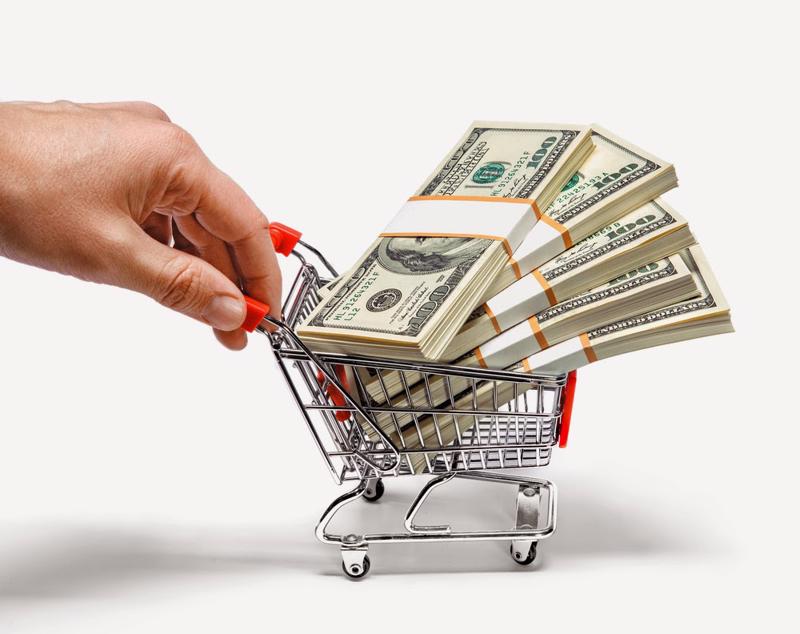
Hypothetical case studies can illustrate the benefits and drawbacks of paying off a personal loan early.
Case Study 1: High-Interest Loan
Consider a borrower with a $15,000 personal loan at an interest rate of 12%, with three years left on the term. If they receive a $5,000 bonus and decide to pay it off early, they could save approximately $1,800 in interest over the remaining term, even after accounting for a potential prepayment penalty. This strategy allows them to reduce their overall debt load significantly.
Case Study 2: Low-Interest Loan
Conversely, consider a borrower with a $10,000 personal loan at a low interest rate of 5%. If they are tempted to pay off the loan early using savings that could otherwise go toward a high-interest credit card, they may be better off applying those funds to the credit card first. This strategy minimizes their overall interest payments and maximizes their financial efficiency.
Conclusion
Determining whether to pay off a personal loan early involves a thorough understanding of your loan agreement, careful consideration of the pros and cons, and an evaluation of your financial situation. While early payoff can save on interest and alleviate financial stress, potential penalties and the impact on your credit score are crucial factors to weigh. By exploring various repayment strategies and utilizing available resources, you can make a well-informed decision that aligns with your financial goals. As you navigate this process, remember to communicate with your lender and consider professional advice if needed.
Ultimately, the question, “can you pay off a personal loan early?” is not just about the act itself, but also about understanding the broader financial implications of your decision.
